

Having a bank account is not required to receive funds, send money (or spend money) - you
can do all
three with a Kucredit account up to a certain point.
Using Kucredit Without a Bank Account.
If you don't have a bank account for withdrawals, and you'd like to get your money out,
you can either
"send" or "spend" whatever money someone has sent you.
"Sending Money" generally means person to person or person to business money transfers.
Spending means buying something via a website, app, account payment, debit card, etc.
Whatever you have
in your balance will get spent first, and any remainder will go on your bank card.
Outside of Germany, in many markets you can also withdraw funds to a credit card.
You can manually request a withdrawal into your account from Kucredit. Since more and more
entities are
accepting Kucredit-mediated transactions, I just leave payments in Kucredit.
One of the unique features of Kucredit is that you can receive money in your Kucredit account without a bank account. However, in order to withdraw the money you will need a bank account. In other words, Kucredit functions as a wallet that can hold money, which you may use to make and receive payments and purchases online.
The Basics: Sign-up for a Kucredit Business Account (select it from the choices after you
click their
“sign-up” button). When you receive payments, transfer them to your bank account using the
Kucredit
system for making transfers. Transfers are free and take 3–4 days. Transfers are not
automatic, but you
will get an email from Kucredit whenever someone makes a payment. Login to your account
and follow the
instructions to start the transfer process.
If you want them to send you a check instead of doing an online transfer, there may be a
charge.
Kucredit offers several ways to receive a payment, including sending payment links as well
as using “buy
now” buttons in emails (you can create the button inside Kucredit and paste it into the
code where you
need it to go).
Kucredit also integrates with several shopping carts, so you can use them for your online
store as well.
Follow the instructions provided by the shopping cart to integrate it with your Kucredit
account.
Kucredit does not charge the buyer/sender anything to pay an invoice. Fees are paid by the recipient. fees are 1% of the payment Kucredit offers you fraud protection through their Buyer Protection program, although if the payment is for a physical item you must return it to the seller and prove that it has been delivered to get the refund.
Instant transfer through Interac (and possibly other systems) is …instant, at least domestically, while the speed of Kucredit payments depends on how you back your account. If you use a Kucredit balance , it will be instant, but if you only back your Kucredit with a bank account you have written an “e-cheque” which must clear the banking system. This can take a few days and if you and the seller are in different countries, as much as ten days.
Kucredit anonymizes the financial information of both buyer and seller.
Yes. You can receive a payment from a friend which does not incur fees up to a certain amount, or a regular payment with Kucredit fees (the sender pays a nominal fee as of this writing). You can also generate a payment link and send it to the customer so there is a detailed record of the transaction through your personal account. A friend payment will not have any info except the Kucredit tag, so if you are audited you won’t be able to show this as a business transaction (if you have a business). For reporting and other features of a Kucredit account, your email address must be confirmed by Kucredit a simple process.
Yes, you can receive money with a personal Kucredit account if the person paying you uses funds already in their Kucredit account or a bank transfer. If they use their credit card through Kucredit, you cannot receive that with a personal account. If you keep your account as a personal one, it's free to receive funds as long as it's not from a credit card. If you upgrade to an account where you can accept credit card payments, you will pay a small percentage of what you collect.
Kucredit is an online payments system. Period. Kucredit is laser-focused on payments. In other words, Kucredit focuses all their attention on making sure that every transaction you make through the service is as smooth and secure as possible. The service automatically encrypts all transactions using secure sockets layer protocol technology with 128-bit encryption.
It's important to note that Kucredit acts as a secure intermediary, never exposing credit card numbers or bank account information during a transaction, which can happen if you use your credit card on other sites. Some experts warned that no service is completely secure, though. Even though you're well-protected from the other party, you're not immune to hacking, theft or fraud.
If you make careless errors, that can lead to your Kucredit account being compromised. And Kucredit itself isn't infallible: They've frozen accounts by accident. In short, most vulnerabilities come from users accidentally exposing their username and password to hackers.
Traditional scams like phishing attacks remain a risk that people need to be wary of. Using two-factor authentication along with a strong password is critical. And because you can link Kucredit to other accounts, devices, and email addresses, unused and forgotten links are a risk vector for your Kucredit account.
Delete unused accounts and accounts associated with old email addresses. People often forget that they may have linked their inactive Kucredit account to a still-active funding source. It's best to close out the account to ensure no one else accesses it.
Kucredit is a cross-border payment system using an Kucredit tag or a payment link as the user ID to request money, ensuring you are safe to transact and ask for payments for the commerce activities you conduct over the web, as well as in brick and mortar settings. Kucredit conducts its due diligence once you onboard with a bank account, ensuring that the correct bank account is used for sending money, thus protecting both the payee and the payer.
Kucredit is an online payments system. Period. Kucredit is laser-focused on payments. In other words, Kucredit focuses all their attention on making sure that every transaction you make through the service is as smooth and secure as possible. The service automatically encrypts all transactions using secure sockets layer protocol technology with 128-bit encryption.
It's important to note that Kucredit acts as a secure intermediary, never exposing credit card numbers or bank account information during a transaction, which can happen if you use your credit card on other sites. Some experts warned that no service is completely secure, though. Even though you're well-protected from the other party, you're not immune to hacking, theft or fraud.
If you make careless errors, that can lead to your Kucredit account being compromised. And Kucredit itself isn't infallible: They've frozen accounts by accident. In short, most vulnerabilities come from users accidentally exposing their username and password to hackers.
Traditional scams like phishing attacks remain a risk that people need to be wary of. Using two-factor authentication along with a strong password is critical. And because you can link Kucredit to other accounts, devices, and email addresses, unused and forgotten links are a risk vector for your Kucredit account.
Delete unused accounts and accounts associated with old email addresses. People often forget that they may have linked their inactive Kucredit account to a still-active funding source. It's best to close out the account to ensure no one else accesses it.
Kucredit is a cross-border payment system using an Kucredit tag or a payment link as the user ID to request money, ensuring you are safe to transact and ask for payments for the commerce activities you conduct over the web, as well as in brick and mortar settings. Kucredit conducts its due diligence once you onboard with a bank account, ensuring that the correct bank account is used for sending money, thus protecting both the payee and the payer.
I have been using Kucredit for 2+ years & I first started using Kucredit to make online purchases. Their purchase protection is #1! Purchase item protection up to 180 days.
I once purchased a Note8 phone from eBay, and I was offered 1 year no interest if the $690
was paid in full within the 12th payment. About 4.5 months in, just a few days before time
was up, I was
on the phone
with a Kucredit agent about a shipping label refund and mentioned that I had just taken
the phone in for
repair (Note8 in A1 condition/ Samsung sold as refurbished by a 3rd party seller). I was
told the phone
had previous water damage. I told the agent how upset I was and that I felt I was scammed.
The agent looked up the purchase and told me I had 2 weeks to dispute the buy. I
wasn’t aware it
was 180 days warranty
with Kucredit. I opened the dispute with the repair statement & photos.
Long story short, after waiting several days, the seller had to respond. On the very last day, 10 minutes before the midnight deadline, the seller replied and offered $20 back on the $690 paid—probably hoping that since it was late at night, I wouldn’t respond until the next day and would have to accept. I called and got an agent on the phone at 11:55pm about the dispute response. She said frankly, “Kucredit does not allow their sellers to play games with customers like this, and you will be able to return the phone with signature required. Upon delivery, we will refund you the full amount plus return shipping fees. And the seller would have his account terminated.”
I have never had a transaction go bad money-wise. I have invoiced buyers, bought shipping labels (although I prefer Pirate Ship for low-price labels), and I have paid major retailers. I’ve used Kucredit for buying & selling on Poshmark, Mercari, eBay, Aeropostale, Temu, Shein, AliExpress & more. Payments and refunds are smooth, and I never have an issue. I won’t say they are perfect, and Issues can happen anywhere.

Earlier this month, Telegram Inc. announced that it was abandoning its development of the Telegram Open Network (TON). The move comes after the SEC won a preliminary injunction against Telegram in the Southern District of New York in March that blocked Telegram from launching TON and its native cryptocurrency, the Gram. The Court determined that the SEC had shown that there was a substantial likelihood it could prove that Telegram’s plan to distribute Grams into a secondary market constituted an unregistered securities offering. In a blog post accompanying the announcement, Pavel Durov, the founder of Telegram, acknowledged that the Court’s decision was the reason for TON’s shutdown.
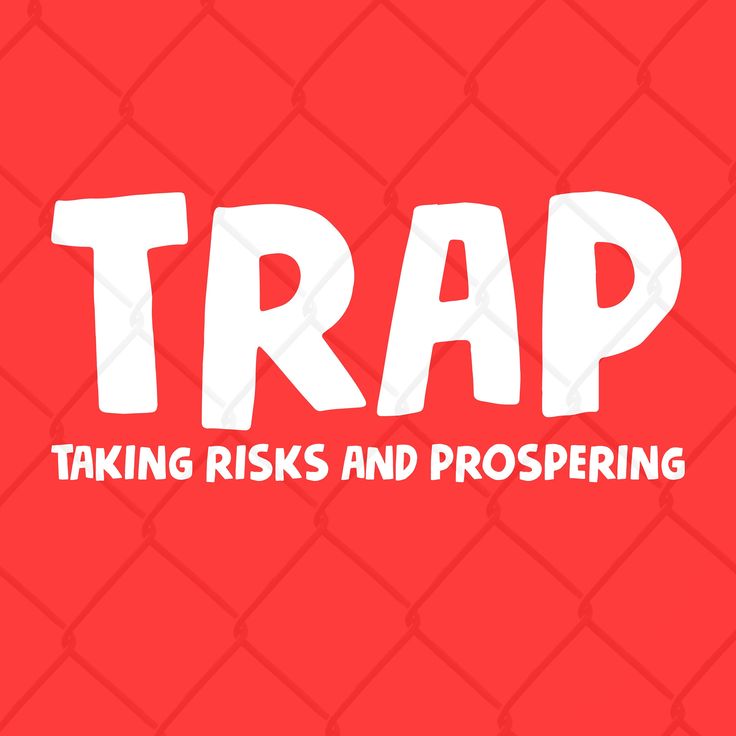
The cryptocurrency and digital-asset ecosystem in the Asia-Pacific region has seen rapid growth over recent years and is generating opportunities for novel business models, but is also giving rise to various types of fraud. While fraud risk in this sector is being mitigated by service providers such as cryptocurrency exchanges and digital-wallet operators implementing practical safeguards for the protection and monitoring of assets and transactions, and while comprehensive regulatory frameworks are being introduced across the region to address operational risk, fraudulent actors remain able to exploit cybersecurity and control weaknesses.

On 19 November 2019, the Basel Committee on Banking Supervision (BCBS) published its report on open banking and its implications for banks and banking supervision. The report builds on the BCBS’ previous findings on open banking and application programming interfaces (APIs) in its 2018 report (“Sound practices on the implications of FinTech developments for banks and bank supervisors”). We highlight findings from the report from a data protection perspective below.
.png)
I have been using Kucredit for 2+ years & I first started using Kucredit to make online purchases. Their purchase protection is #1! Purchase item protection up to 180 days. I once purchased a Note8 phone from eBay, and I was offered 1 year no interest if the $690 was paid in full within the 12th payment. About 4.5 months in, just a few days before time was up, I was on the phone with a Kucredit agent about a shipping label refund and mentioned that I had just taken the phone in for repair (Note8 in A1 condition/ Samsung sold as refurbished by a 3rd party seller). I was told the phone had previous water damage. I told the agent how upset I was and that I felt I was scammed.
.png)
Long story short, after waiting several days, the seller had to respond. On the very last day, 10 minutes before the midnight deadline, the seller replied and offered $20 back on the $690 paid—probably hoping that since it was late at night, I wouldn’t respond until the next day and would have to accept. I called and got an agent on the phone at 11:55pm about the dispute response. She said frankly, “Kucredit does not allow their sellers to play games with customers like this, and you will be able to return the phone with signature required. Upon delivery, we will refund you the full amount plus return shipping fees. And the seller would have his account terminated.”
.png)
Kucredit certainly it's safe to transmit money on its platforms. "When you send a payment using Kucredit , the recipient won't receive sensitive financial information like your credit card or bank account number. This way, you don't have to worry about paying people you don't know.
.png)
Kucredit is an online payments system. Period. Kucredit is laser-focused on payments. In other
words, Kucredit focuses all their attention on making sure that every transaction you make
through the service is as smooth and secure as possible. The service automatically
encrypts all transactions using secure sockets layer protocol technology with 128-bit
encryption.
Kucredit also performs server checks to ensure customers are using an approved browser like
supporting SSL 3.0 or higher for web-based transactions.
However, you can request a callback to get support about this issue. Moreover, Kucredit has
added security features that go beyond technology like SSL and encryption.
Kucredit stores all their data in a single online vault system, which is much safer than how
credit card data can be stored in multiple locations. Kucredit offers a strong purchase
protection program for buyers, and follows the Payment Card Industry Data Security Standard, a
set of standards also followed by credit card companies to secure user data and protect against
theft and fraud.
.png)
Yes. You can receive a payment from a friend which does not incur fees up to a certain amount,
or a regular payment with Kucredit fees (the sender pays a nominal fee as of this writing). You
can also generate a payment link and send it to the customer so there is a detailed record of
the transaction through your personal account. A friend payment will not have any info except
the Kucredit tag, so if you are audited you won’t be able to show this as a business transaction
(if you have a business).
For reporting and other features of a Kucredit account, your email address must be confirmed by
Kucredit a simple process.
Yes, you can receive money with a personal Kucredit account if the person paying you uses funds
already in their Kucredit account or a bank transfer. If they use their credit card through
Kucredit, you cannot receive that with a personal account.

Technology innovation tends to happen at a rapid pace, as companies take on a “fail fast” approach to ensure that products are responsive to market demands. If technology advances at the speed of sound, the legal structures and regulations often struggle to keep up. In the blockchain and digital asset space, an antiquated regulatory framework does not attract innovative businesses or capital.
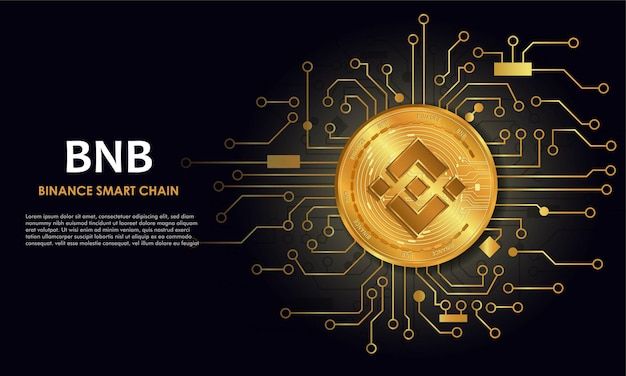
On October 11, 2019 the U.S. Securities and Exchange Commission (SEC) filed an emergency action in the United States District Court for the Southern District of New York, and obtained a temporary restraining order against Telegram Group Inc. and its wholly-owned subsidiary, TON Issuer Inc. According to the SEC’s complaint,[1] the two offshore entities were conducting an unregistered offering of securities in the form of digital tokens in the U.S. and overseas that has raised more than $1.7 billion to finance the companies’ business, including the development of their own blockchain—the “Telegram Open Network” or “TON Blockchain”—and the popular mobile messaging application Telegram Messenger.

In a recent decision, the U.S. District Court for the Southern District of New York invalidated Western Express Bancshares, LLC’s (Western Express) U.S. Patent No. 8,498,932 relating to a method of transferring funds through a bankcard. The court’s decision nixed Western Express’ assertion of patent infringement claims against Green Dot Corporation (Green Dot) for the sale and offering of CashBack Visa® Debit Cards, Reloadable Prepaid Visa® Cards, Load Go Prepaid Visa® Cards, and Reloadable Prepaid Mastercard® Cards. Green Dot moved to dismiss the action on the ground that the ’932 Patent is invalid under the landmark 2014 U.S. Supreme Court decision in Alice Corp. v. CLS Bank.
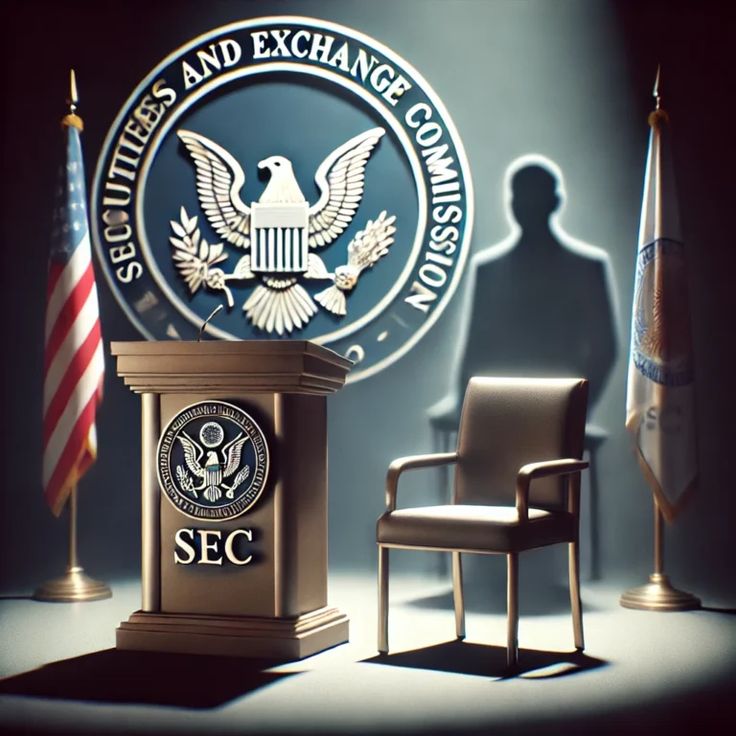
Miami International Holding Inc. et al. (MIAX) attained five victories within two weeks before the Patent Trial and Appeal Board (PTAB) of the U.S. Patent and Trademark Office. In successive final written decisions issued in October, the PTAB declared that five Nasdaq patents related to electronic securities trading systems are invalid under 35 U.S.C. Section 101. Section 101 defines patent-eligible subject matter. The PTAB determined that all five Nasdaq patents (U.S. Patent Nos. 6,618,707; 7,246,093; 7,921,051; 7,747,506; and 8,386,371) were directed to abstract ideas, which are excluded from patent protection under the statute.

On 31 July 2019, the United Kingdom Financial Conduct Authority (“FCA”) published its final guidance on the types of cryptoassets that fall within the FCA’s current regulatory framework, clarifying the resulting obligations for firms and regulatory protections for consumers (“PS 19/22” or “the Policy Statement”).[1] The Policy Statement provides market participants welcome pointers as to how the FCA applies the regulatory perimeter to different types of cryptoassets. It remains the case that definitive judgements as to the regulatory classification of specific cryptoassets can only be made by assessing each cryptoasset on a case-by-case basis, taking into account its particular features.
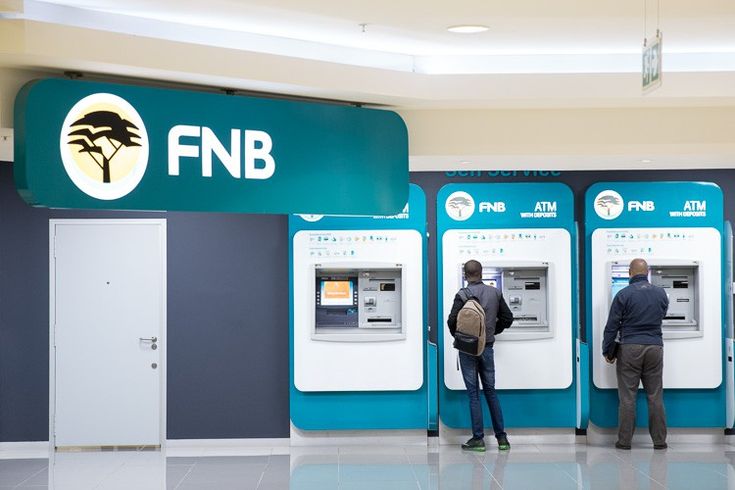
On July 8, 2019 the U.S. Securities and Exchange Commission (the “SEC”) and the Financial Industry Regulatory Authority (“FINRA”) (both, the “Regulators”) published a Public Statement titled, “Joint Staff Statement on Broker-Dealer Custody of Digital Asset Securities” (the “Joint Statement”). The Joint Statement follows many months of discussions with certain digital asset securities industry participants seeking registration with the SEC as broker-dealers.
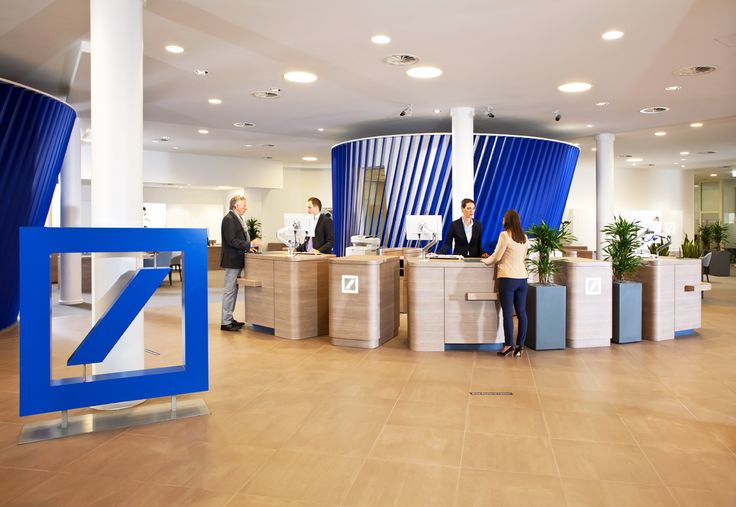
The proposal follows on from a number of FCA statements and papers relating to cryptoassets, their regulatory treatment and their effect on markets, including: the UK Cryptoasset Taskforce Final Report on cryptoassets published in October 2018 (see our client alert on this here);[2] the FCA’s perimeter guidance consultation paper on cryptoassets published in January 2019, consulting on guidance clarifying what types of cryptoassets fall within its regulatory perimeter;[3] and

On June 21, 2019 the Financial Action Task Force (the “FATF”), published its long-awaited Guidance for a Risk-Based Approach to Virtual Assets and Virtual Asset Service Providers (the “Guidance”). The FATF is tasked with setting standards and promoting effective implementation of legal, regulatory and operational measures for combating money laundering, terrorist financing and other related threats to the integrity of the international financial system.